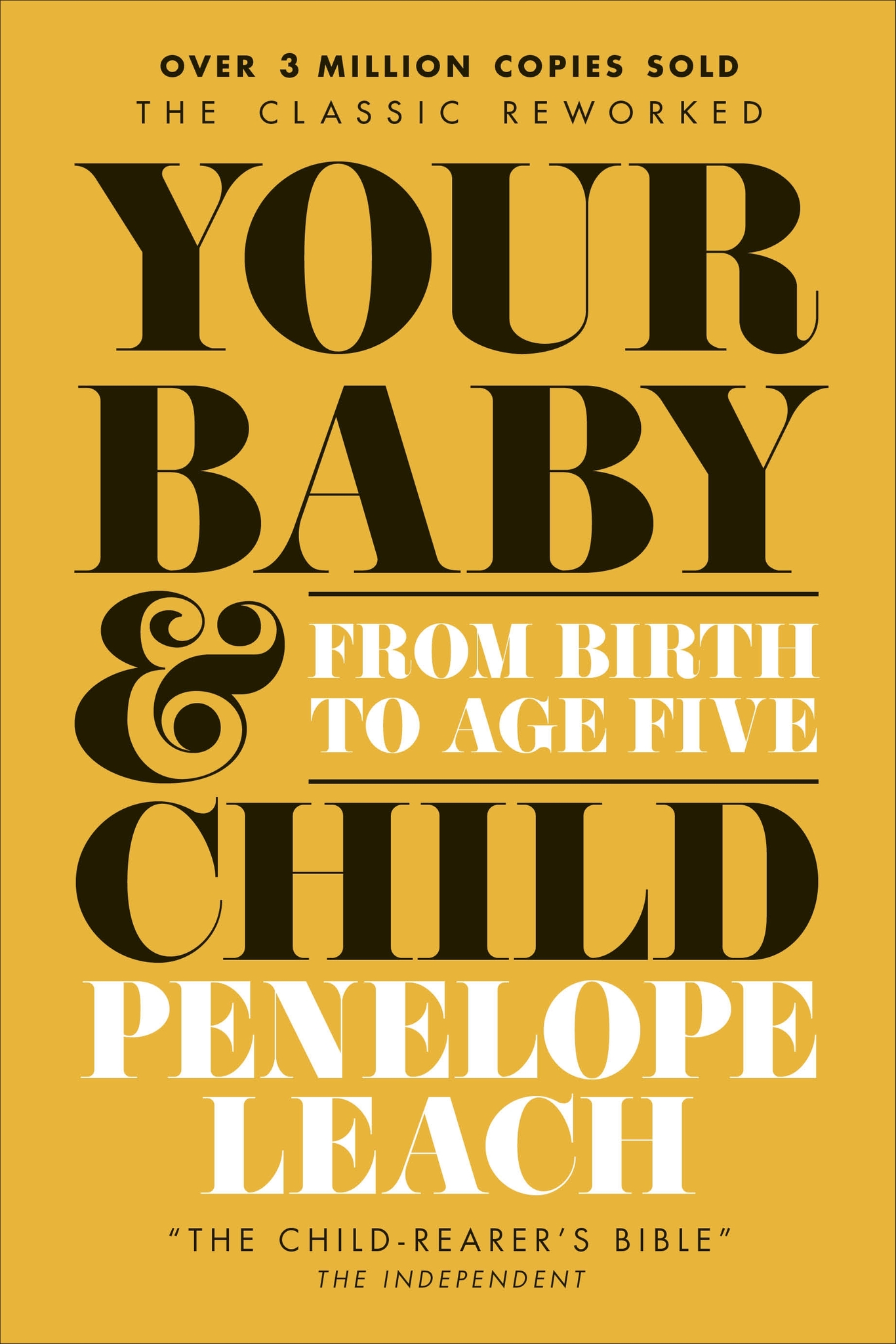
Baby & Child, as it was then called, was written in the 70s. Half a century is a very long life for a book and despite several updates during that time, changes in the book had not kept up with changes in society.
By 2020 it was clear that the book must either be rewritten or die and no sign that it would do this spontaneously. There were close to 3 million copies extant and grandparents continued to pass on well-worn copies to their pregnant children. 
It therefore seemed that there was a place for a modern book that was as much about child development as childcare and that would save parents from the anxiety engendered by the plethora of childcare advice available online.
Register now to continue reading
Thank you for visiting Nursery World and making use of our archive of more than 35,000 expert features, subject guides, case studies and policy updates. Why not register today and enjoy the following great benefits:
What's included
-
Free access to 4 subscriber-only articles per month
-
Unlimited access to news and opinion
-
Email newsletter providing activity ideas, best practice and breaking news
Already have an account? Sign in here
